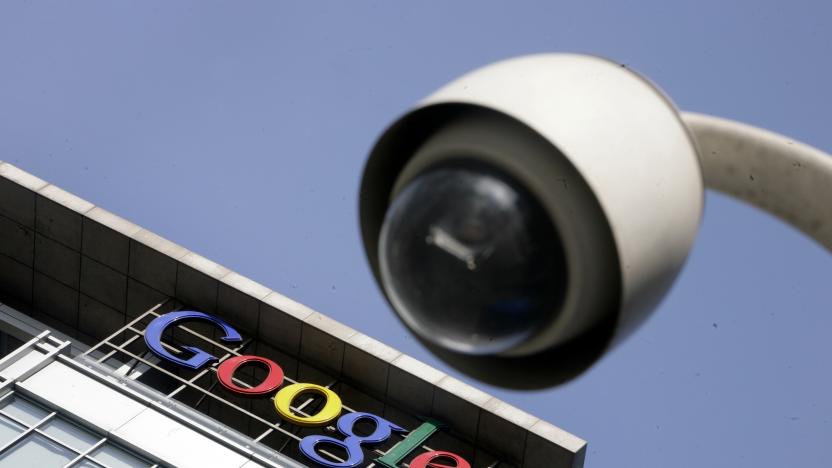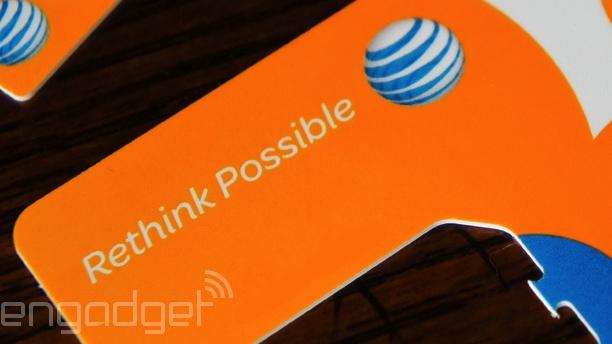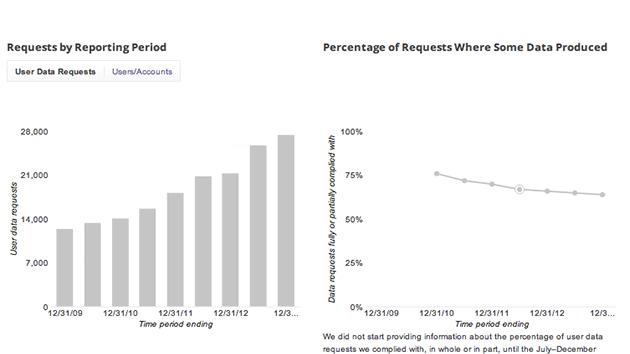data requests
Latest

Google stops responding to data requests from Hong Kong authorities
Google will no longer respond directly to data requests from Hong Kong authorities.

Saudi Arabia may be spying on its citizens via US mobile networks
Data shared by a whistleblower suggests Saudi Arabia may be using a weakness in mobile telecom networks to track its citizens in the US, The Guardian reports. The data shows that over a four-month period, Saudi Arabia's three biggest mobile phone companies sent 2.3 million requests for Provider Subscriber Information (PSI). Normally, that data is used to help foreign operators register roaming charges, but the high volume of requests could also give the Saudi telecoms enough info to track users within hundreds of meters of accuracy.

DoJ pushes Google and Apple to ID 10,000 users of a gun scope app
The US government has reportedly ordered Apple and Google to hand over the names, phone numbers and IP addresses of at least 10,000 users of a gun scope app. The data request is part of an investigation into weapons export violations, but it has privacy experts understandably concerned. According to Forbes, this is the first known case of US investigators demanding personal data from users of a single app from Apple and Google.

AT&T and Verizon received one government data request per minute last year
Companies including Apple, Facebook and Google recently updated their privacy policies to disclose all government data requests to the individual users in question, a move meant to appease web denizens worldwide. While US telecoms like AT&T and Verizon haven't announced plans to do the same, the Washington Post pored through the companies' transparency reports to turn up a new stat. According to the publication, in 2013 AT&T and Verizon received more than one request every 60 seconds. This number is based on AT&T's reported 301,816 requests from state, local and federal authorities, and Verizon's reported 321,545 requests.

Google transparency report: government requests up 120 percent since 2009
Google's been publishing transparency reports since 2009, but its disclosure of government requests has become especially interesting in the aftermath of revelations about PRISM and NSA surveillance. The company's ninth report, released today, details a significant jump in requests for user information. Since the first report, the volume of government requests has increased by about 120 percent. Meanwhile, the percentage of requests where Google actually supplied user information has decreased slightly, to 64 percent in 2013 versus 76 percent three years earlier. Google also notes that, as its number of users increases, so does the number of governments that exercise their authority to request information. In response, Mountain View's transparency reports now include countries that make less than 30 requests during a period in addition to those that make 30-plus requests. Among the former group, you'll find entries such as Bulgaria, Lichtenstein and even Vatican City, all three of which made only one request for user data between July to December 2013. Finally, Google's responded to users' questions about its response to search warrants with a live-action animation. Check it out below.

Facebook, Google received redacted government reply to FISA court, respond with new filing
You may recall that several internet companies have petitioned the US Foreign Intelligence Surveillance Court to disclose information about the government's requests for user data. In a September 30 filing, the Department of Justice denied those requests -- and only provided Google et al. with a heavily redacted version of its response. In a new filing today, Facebook, Google, LinkedIn, Microsoft and Yahoo claim that the DoJ withheld the government's reasoning for refusing the requests for greater transparency. This, in turn, makes it nearly impossible for the companies to respond with a counterargument. Today's filing calls this withholding of information unconstitutional, and it calls for the court to strike the redacted sections. We doubt this is the last we'll hear on the subject; these tech firms have increasingly privacy-conscious users to answer to, and the FISA court's October decision to renew NSA call metadata-collecting doesn't exactly assuage fears, either.

Apple, Google and others ask US government for more transparency with data requests
Just a few days after Google and Twitter pushed for the government to reveal the number of security-related requests, the Obama administration and Congress have just received another salvo backed by even more tech heavyweights -- 63, to be exact. A letter signed by many of the giants covered by PRISM -- including Apple, Facebook and Google, among other major companies -- requests greater transparency in data requests, and demands permission to publish regular reports indicating what information is collected. In addition to pushing for greater transparency among companies, the memo urges Congress to enact similar requirements for the US government. The letter adds: This information about how and how often the government is using these legal authorities is important to the American people, who are entitled to have an informed public debate about the appropriateness of those authorities and their use, and to international users of US-based service providers who are concerned about the privacy and security of their communications. Those words were backed by several non-profit groups such as the Wikimedia Foundation in addition to a long roster of companies and investors, making this letter one of the loudest responses to the NSA's data-collecting program to date. Click through to read the full text.

